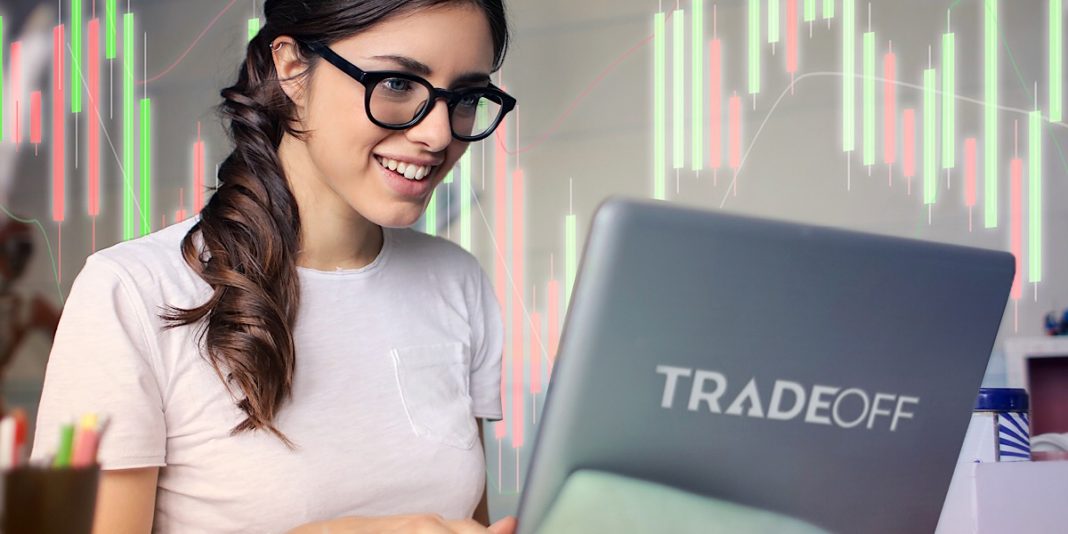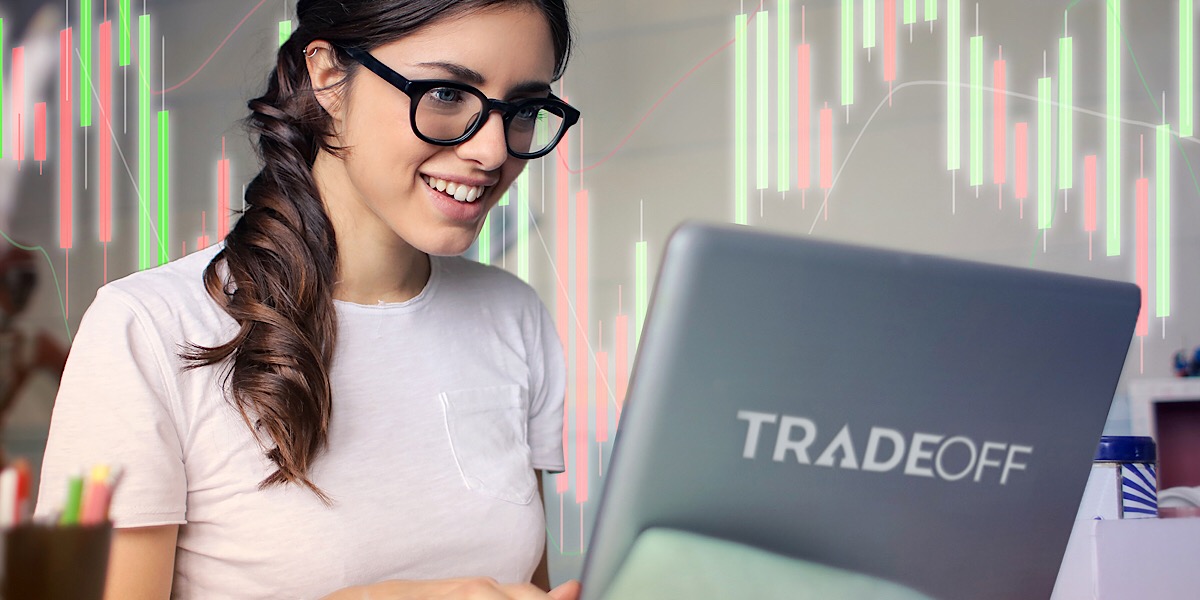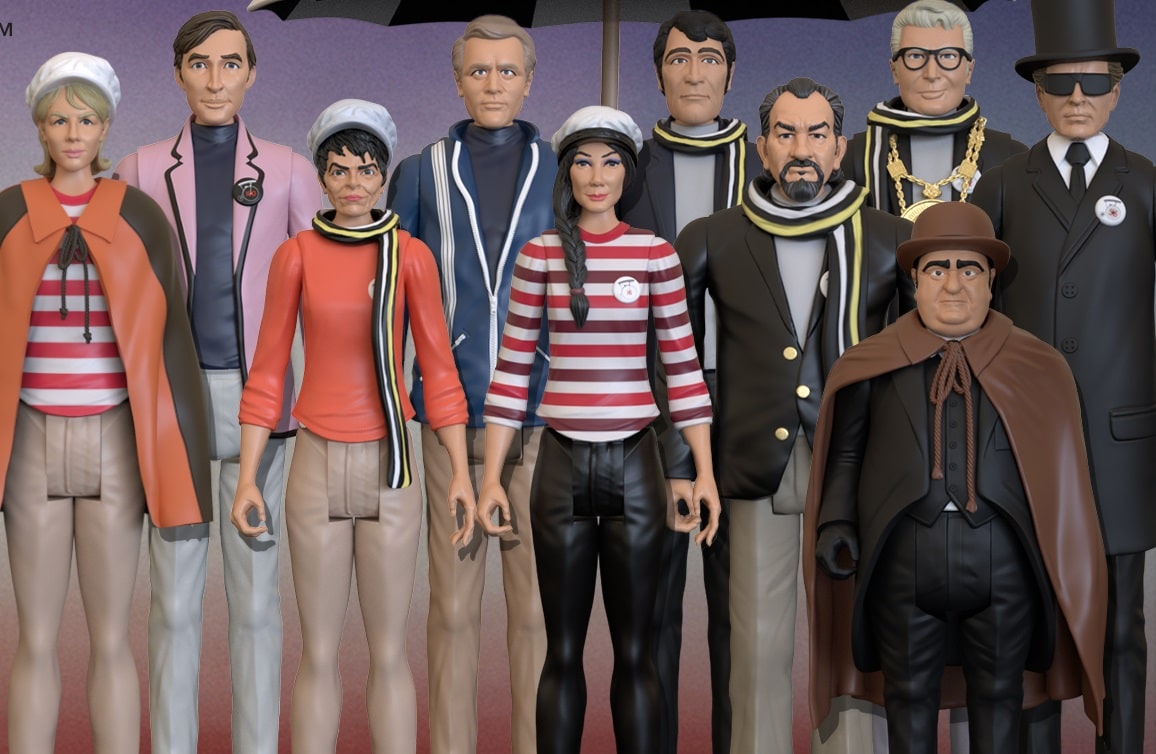Millennials may be the savvy masters of credit card roulette and online shopping, but ask former investment manager and TradeOff CEO Rob Kuck what he thinks about millenials’ investment acumen and he’s a bit more guarded. Why? Contrary to what popular thought, Kuck argues that millennials are the most investment-averse generation he has seen. According to a February 2019 article by Forbes Magazine, many young adults don’t save for retirement, and saving early is key to building that all important nest egg.
That’s where TradeOff comes in. Kuck has devised an online game that teaches young adults how to speed trade in a safe but fast-paced environment. And he joined The Beat to explain why millennials should care about Wall Street beyond racking up all those fantabulous travel points.
Nancy Powell: What is your professional background?
Rob Kuck: I’m at my best leading teams to move the ball on complex projects and spent most of the past 20 years in the finance and real estate development industries. Building a financial technology platform isn’t that different than constructing a new building in the sense that you start with a vision for what it should look like, gather a team of experts around the project to finance, build, and then operate it in a way that keeps your “occupants” happy.
Powell: What aspects of financial literacy does TradeOff teach?
Kuck: I could spend hours answering this question because it’s important; the truth is that the millennial generation is in financial trouble and it will be difficult for many to save their way out of a hole, so we want to equip our players with more earning power, which is what trading can provide.
Millennials are investment-averse because they are coming of age in a time when it’s hard to trust legacy institutions…the big banks rake in millions from the little guy and then get bailouts with our tax dollars. What most of our players don’t yet understand is that stock charts are the purest representation of fear and greed in the markets. You don’t need to listen to all the noise on legacy media to figure out who’s telling the truth about stock values. If you can learn to understand price movement on stock charts, you have earned the keys to world that Wall Street wants you to think only those in their secret society can master. We want to give these keys to everyone.
Powell: And how do you think TradeOff will entice the millennials who love to spend but are investment-averse to play along?
Kuck: TradeOff delivers a very realistic trading experience but it’s a lot more fun AND a lot less risky than Wall Street. If you can play along with friends in a supportive community that helps you learn a great skill…and use those skills to earn cash, we think they’ll play along!
Powell: The free version online is pretty addictive. You definitely have to be trigger happy to best an opponent. How long does it take a newbie to master the basics?
Kuck: We have come to believe that gamers are able to understand the underlying skills of this game very quickly…in fact more quickly than many traders. The “level up” opportunity is when they learn to use Indicator Tools to get even better at predicting the direction of the chart. Similar to choosing a shotgun when you enter a building, there are weapons in trading that work best in certain environments. Learning to recognize these environments is key.
Powell: I found it very difficult to make the money I thought I’d make with the adage “buy low, sell high.” What is the secret to getting just the right balance between buying and selling to maximize profits?
Kuck: There are many styles of trading and not all work in every market…which is how a noob can sometimes best a veteran in this game, but over time those with the best skills will have a higher win percentage. This is true in the game and in the real world…not everyone wins all the time, you just want a higher percentage of good trades than bad. The secret? Practice!
Powell: Did you follow a particular set of stocks or funds while designing the game?
Kuck: We had to solve two problems designing this game. First we had to make it fun…the real market can move very slowly, which isn’t very engaging. We developed a way to pick active periods in the market from historical data, and speed-stream it to the players device, which really increased the engagement of the game. Then, we had to find a way to prevent cheating by pattern recognition software…similar to a random card generator in poker. We have a patent pending on this solution!
Powell: What is the largest payout won by gamers so far?
Kuck: So far our largest payout in a single event was $5,000, but we have about ten players in the past 6 months who have earned more than that over multiple games.
Powell: What is the largest amount lost in a trading battle between gamers?
Kuck: The most you can lose is your entry fee, which can be as little as $1 and as much as $10, depending on the event.
Powell: What kinds of input did the big three gaming personalities — Craig “Mini Ladd” Thompson, Will “Big Thymer” Johnson and Tyler “Wildcat” Wine — have on game design?
Kuck: These guys have been great and very supportive…they truly care about their audience and want to introduce them to good experiences. Because this game allows cash deposits they first wanted to be sure that their players didn’t see this as gambling, so we went through a lot of conversation about how TradeOff is legally a game of skill, and how the skills applied here are the same as those used in real trading. They also helped us understand the player journey; why rewards and progress are important.
Powell: Who do you find does the best in this game? Financial experts or financial newbies?
Kuck: I think the players that have racked up the highest wins are those that have put time into learning the mechanics of the game and trading with discipline, or a strategy. That’s one of the parallels we enjoy with the real markets…emotion kills traders, discipline tends to win over time.









